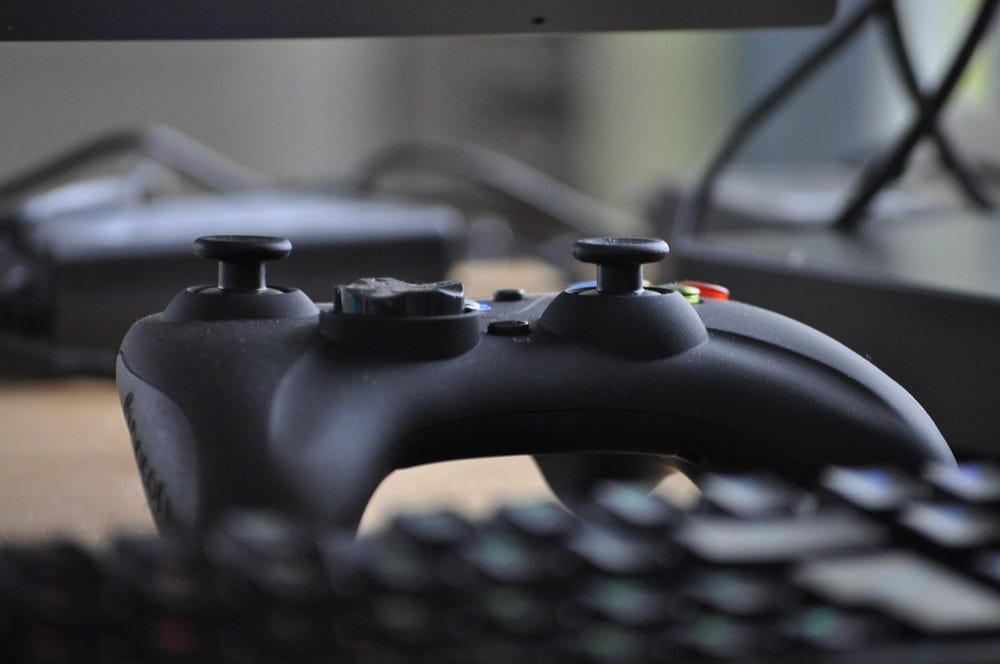Play the game to save the planet
A new computer game aims to tackle plastic pollution
GAMERS could soon be doing their bit to tackle plastic pollution, just by playing on their computer.
There's a bit more to it, of course. Simply playing a game won't channel more plastic waste away from the environment, but a shift in attitudes just might. We often learn best by playing, and that's where the computer game comes in.
A team of scientists from the University of Portsmouth's Revolution Plastics Institute is exploring – and looking to harness – the power of gaming to reach hearts and minds, and change the way we think about plastic waste.
The quest is on to develop a commercially viable game that engages players in understanding waste management. Think environmental outreach delivered via modern entertainment; get 'em playing, make 'em think.
In partnership with games developer Rebellion, the project team are working on the creation and testing of an innovative computer game designed to educate the public about the waste hierarchy, prioritising reduction and reuse over recycling.
With plastic pollution reaching crisis levels, it's hoped this creative and interactive approach could play a key role in shifting behaviours towards a more sustainable, circular economy.
“Recycling is often seen as the gold standard of plastic waste management, but the reality is that reducing plastic use and favouring reusable items over single-use plastic items have a far greater impact in tackling plastic pollution,” said Professor Steve Fletcher, director of the Revolution Plastics Institute.
“Traditional awareness campaigns struggle to shift behaviours, but games are an incredibly powerful tool for education and engagement. This project is about using cutting-edge digital innovation to reach people in a way that sticks.”
The game will undergo rigorous testing to ensure both functionality and accessibility, the team says. Initial trials will be conducted in experimental economics laboratories, followed by large-scale testing with diverse audiences.
By testing across different demographics, including neurodivergent individuals, the team aims to make the game as inclusive and effective as possible.
“Our game will help people understand the waste hierarchy in a fun and interactive way, making sustainable choices second nature,” said lead researcher, Dr Kate Whitman from the institute. “By leveraging the power of digital engagement, we can reach new audiences and create real behaviour change.”
With the support of an extensive industry-academic network, it's expected the game will be widely promoted and integrated into broader educational and behavioural change initiatives.
The game – which doesn’t yet have a name – will be released in January 2026.
MC


